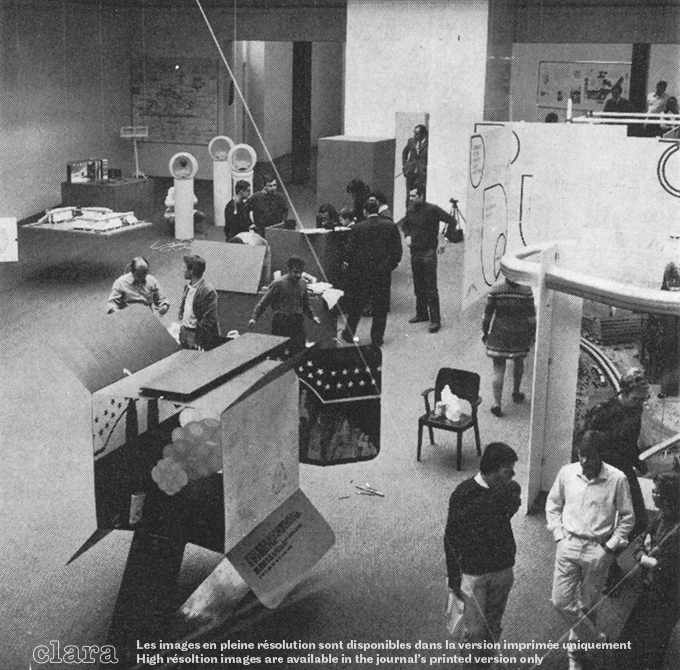Cultural exchange as expanded field of architecture The Decentering Architectural Criticism of the Yugoslav Praxis Group
Main Article Content
Abstract
By exploring a context of networks, critiques, debates, dialogues, and collaborative practices, this article challenges common understandings of the ideological dimension of architectural discourses of the period of the 1960s and 1970s in Yugoslavia. It also considers the potential for rethinking theoretical issues involved in the critical dialogue with other currents of utopian urbanism and prospective thought that were influential at the time. The article investigates the reception of ideas and ideologies, from Lefebvre’s theoretical studies and Habermas’s thesis of modernity as an incomplete, i.e., unfinished project, to Fredric Jameson’s arguments in a historical context of cultural modernity simultaneous with these texts, but in different conditions. The concepts of architectural criticism are analysed through representative practices of the period, from the first attempts to write and rewrite the history of architecture, which coincided with architecture in the expanded field of experimental and conceptual practices, to postmodernist narratives redefining the questions of identity by appropriating the strategies of performing arts in the public space throughout the early 1980s. The thematic framework is constituted by case studies on cultural transfer in the fields of philosophy, theory, sociology, spatial research, and architectural discourse, which played a key role in the strengthening of border-crossing networks. The theoretical and methodological point of departure is the analysis of the Praxis circle, a group of critical Marxist philosophers and intellectuals who gathered around the journal Praxis (1964–1974) and the philosophical-political Summer School of Philosophy held on the Adriatic island of Korčula (1964–1974).
The aim is to document and contextualize the role of these activities in disseminating the intense intellectual exchanges of “creative criticism” between East and West. Although recent scientific historiography has expressed greater interest in the interdisciplinary area of cultural transfer, there has never been a thorough critical perspective of the politically charged debates on the history of Eastern European intellectual critical engagement, or systematic study of the theoretical achievements in the architecture of late socialism.
Article Details

This work is licensed under a Creative Commons Attribution-NonCommercial-NoDerivatives 4.0 International License.

